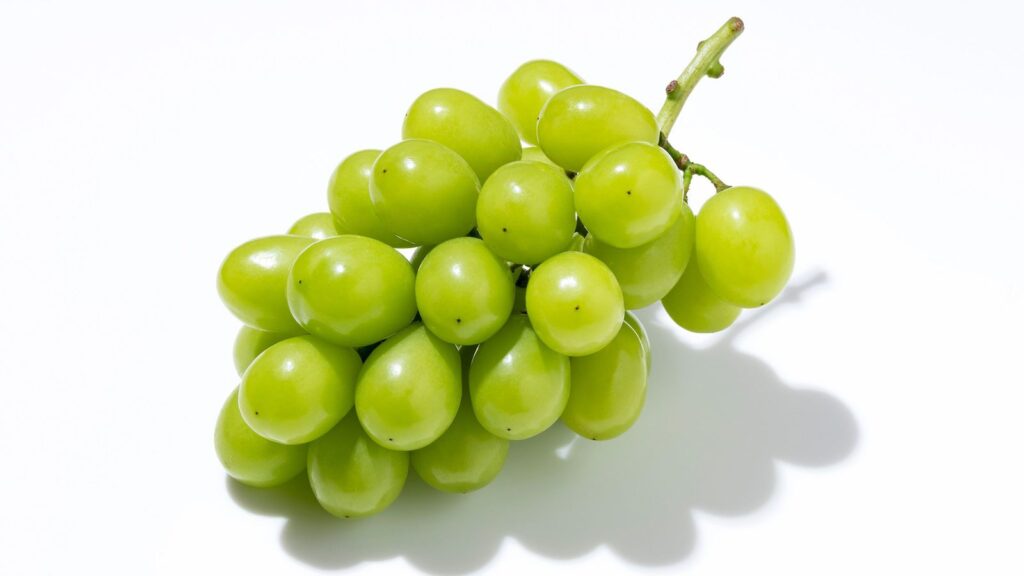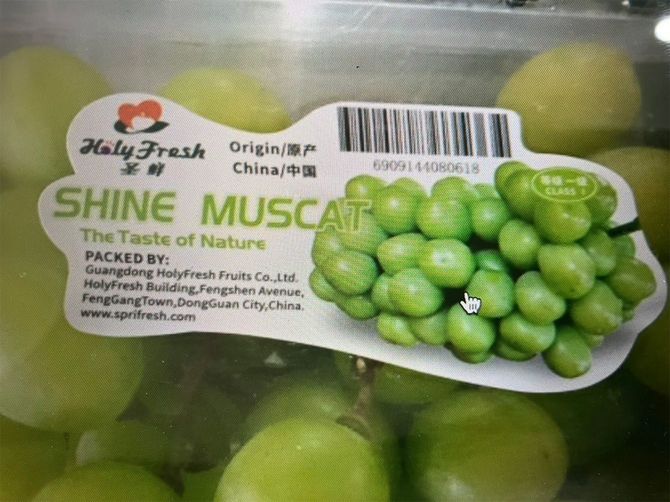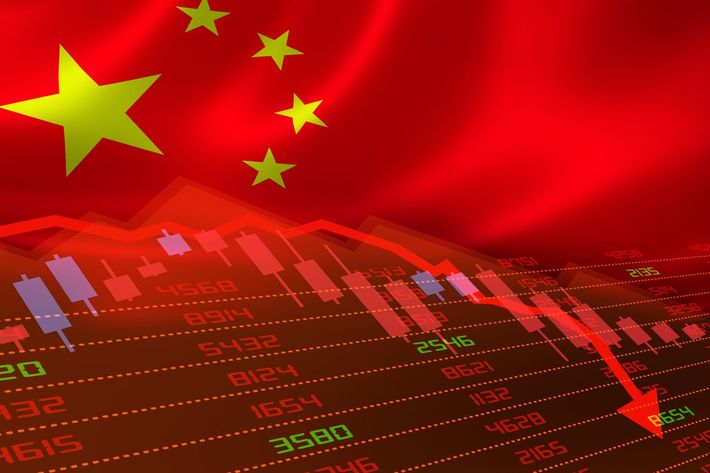
The contamination of Chinese-produced Shine Muscat grapes with agricultural chemicals has caused a stir in Southeast Asia. This was reported by influential local media such as the Bangkok Post.
This problem, which started in Thailand, has spread to Indonesia, and is accelerating the local consumers’ move away from Shine Muscat grapes. Some of these Chinese-produced Shine Muscats are being sold as “Japanese-produced” grapes, which could damage the Japanese brand.
“I’ll never eat pesticide-soaked grapes again.”
Such voices have been heard across Thailand since last month, and the supposedly high-end Shine Muscat grapes are being sold at bargain prices.
Shine Muscat grapes are known as a high-quality seedless grape variety. At the end of last month, the Thai Pesticide Alert Network (Thai-PAN), a Thai citizens’ group, announced that pesticide residue exceeding the standard level had been detected in samples of Chinese-produced and unlabeled Shine Muscat grapes on sale in Bangkok and surrounding areas. It was said that all the samples contained pesticide residue, and almost all of them exceeded the standard level.
This news caused a stir on Thai social networking sites, with comments such as “China has brought poison into Thailand”. Thai government authorities denied that there was any danger, saying that the pesticides detected in the imported Chinese Shines Muscat grapes were safe as long as they were washed within the safety standards.
The issue also spread to Indonesia, and caused controversy in the Diet.
However, the method of cleaning introduced by the authorities was “soaking in baking soda water or water for 15 minutes before eating, and then rinsing for 30 seconds under running water”, which only served to further inflame public opinion, with people wondering “is it really that dangerous that we can’t eat it unless we do that?
In some quarters, there were even voices pointing out that the concern for China was due to a desire not to offend the Chinese, and nationalism surrounding the Shain Muscat grapes has been heightened as a result.
This uproar in Thailand quickly spread throughout Southeast Asia, and consumers in Indonesia also reacted sensitively. As a result, the issue was raised in parliament and the relevant authorities were instructed to carry out an urgent investigation.
In response, the Indonesian Food and Drug Supervisory Agency (BPOM) and other organizations investigated the situation in major cities such as Jakarta, and announced that there were no safety issues with the Shine Muscat grapes being distributed in the country.
However, consumers’ distrust was hard to dispel, and on social networking sites, negative reactions such as “Can you believe these survey results?” and “It’s clear that they’re being considerate of China” abounded. In fact, according to a female Indonesian acquaintance in her 20s, “I’ve been eating Shine Muscat grapes until now, but I’ve decided I’ll never eat them again.” It seems that there are not a few consumers like this.
Ministry of Agriculture, Forestry and Fisheries official: “It’s a shame that the Chinese have taken the market away from us.”
Korean and Chinese grapes cost between 50,000 and 60,000 rupiah (about 600 yen) per bunch, so they are in the price range of ‘a slightly expensive food that you eat occasionally’ for local people.
On the other hand, the number of Japanese-produced imports available is small to begin with, and the price is at least 500,000 rupiah (about 5,000 yen) per bunch, so the price jumps up by about 10 times. A person involved with the Japanese Ministry of Agriculture, Forestry and Fisheries said the following
“In terms of taste, the Chinese and Korean versions of the Shain Muscat are basically no match for the original Japanese variety in terms of sweetness and visual fullness. However, it is regrettable that China has taken the market in terms of mass production of the Shain Muscat grapes, regardless of quality, as they have been confirmed to be grown even in the poorest area of Guizhou (editor’s note: a mountainous area in southwestern China).
That was a long introduction. So, how are Shain Muscats sold in Indonesia? The product clearly states that it is “made in China”, so it is immediately obvious that this is a false claim. The price is also unusually low at 50,000 rupiah (about 500 yen), and it is immediately obvious that you can’t eat Shain Muscats at such a price.
What’s more, I couldn’t help but smile a little, but the Chinese-produced Shine Muscat grapes, which were also being sold as Japanese-produced, had a paper box with a design that strongly suggested a typo in the word “fresh” in the name “Sena Grape Shine Muscat” (Image 3). (As far as I could find online, there was no brand or slogan called “Sena Grape”.)
The “trust in Japanese brands” is being abused
There are countless examples like this, but what they all have in common is that they are “unusually cheap”.
On online shopping sites, a bunch of genuine Japanese-grown Shine Muscat grapes basically costs 500,000 rupiah (about 5,000 yen or more), so anything cheaper than that is probably a fake. A local Japanese-affiliated distribution company employee explains it like this
“In Indonesia, where the minimum monthly wage in the capital city of Jakarta is around 50,000 yen, and in fact there are many people who work for local companies and earn around 20,000 to 30,000 yen, a fruit that costs several thousand yen is a real treat, and the number of people who have the opportunity to try genuine Shine Muscat is overwhelmingly small.
On the other hand, there are many people who long for high-quality Japanese products, so there is no end to the number of cases where people buy these fake products under the illusion that they are the real thing. It’s easy to say that the consumers who are cheated are to blame, but it’s unforgivable that the trust in the Japanese brand that has been used is damaged.”
It goes without saying that the reason why genuine Japanese Muscat grapes are expensive is largely due to the time and effort that Japanese farmers put into growing them using the original methods.
It is true to say that the Japanese government and farmers were naive in thinking that there was no way to counteract the commercial methods that used the Japanese brand, and that they only had the domestic market in mind, but it is a story that is hard to bear.











